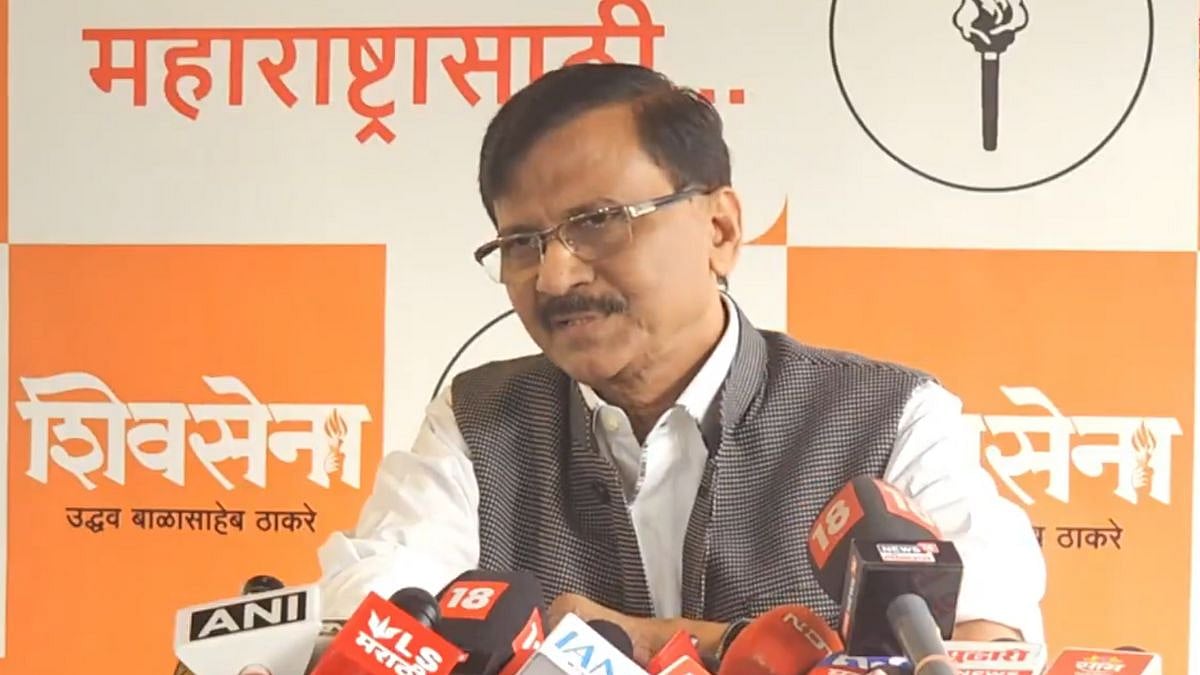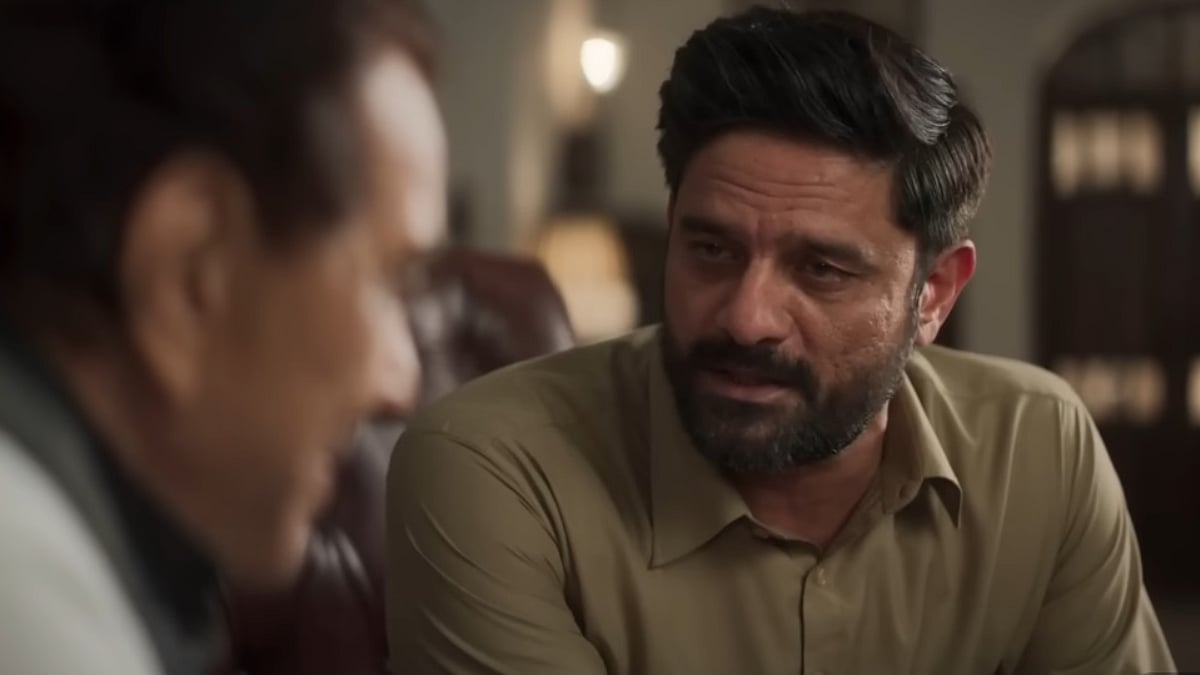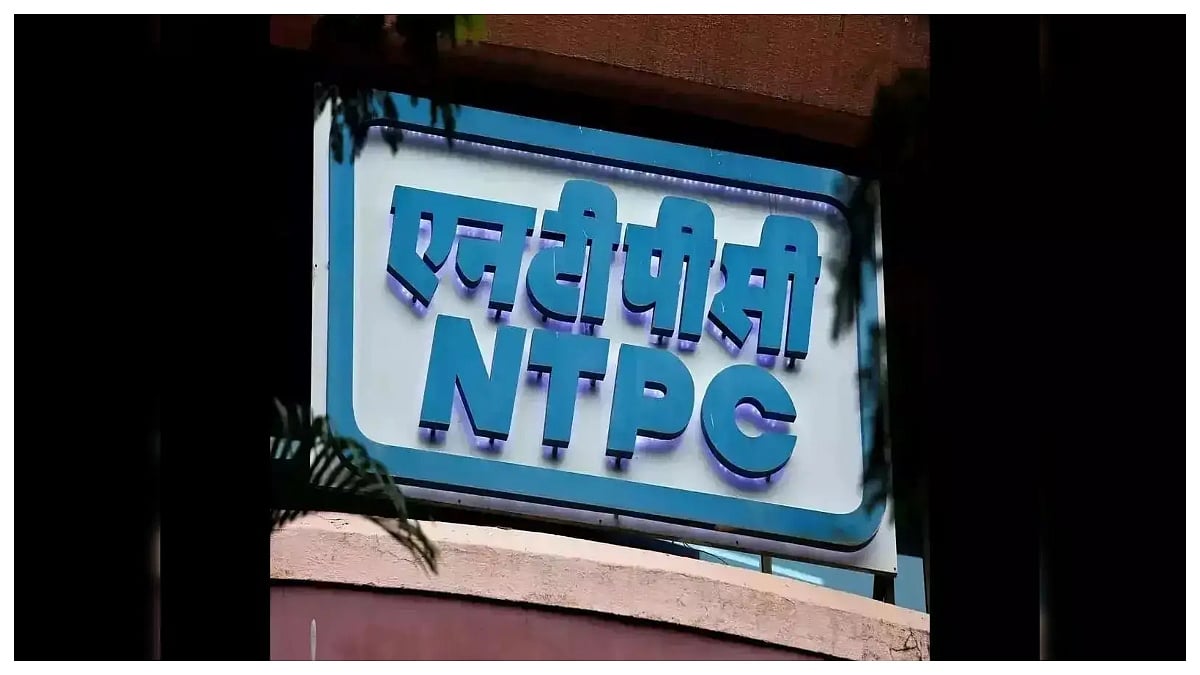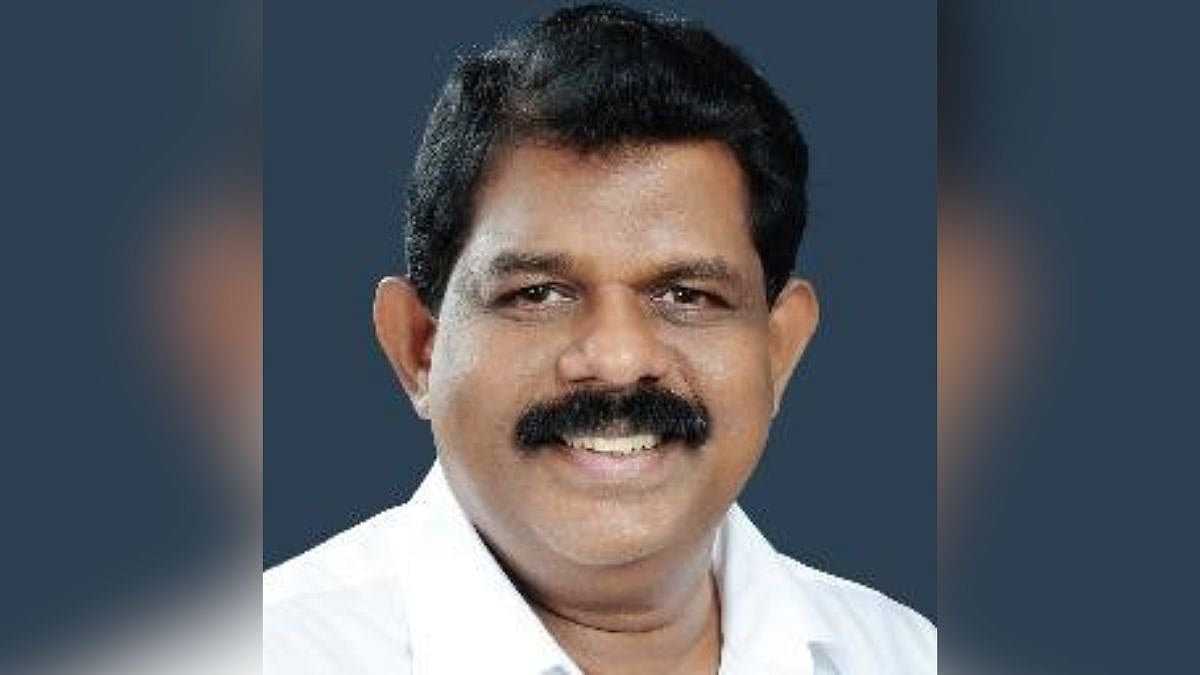The Congress presidential election, tentatively scheduled for May 2021, is being perceived as a watershed moment for the party, putting an end to two years of leaderlessness and lack of direction. Will this be enough to revive the moribund party?
For years, the Congress has avoided addressing its own failings, shifting the blame for electoral debacles to the diabolical machinations of unscrupulous ‘reactionary’ and ‘divisive’ forces. Nor has it attempted to understand public disenchantment with the ‘secular’ and ‘progressive’ values it claims to represent. Space for healthy introspection is restricted, lest the party leadership be held accountable.
Engaging with electorate
Senior Congress leader Salman Khursheed recently came up with the eminently useful suggestion of engaging with citizens who support the government: “We need to ask them why, if at all, they hate us”. He was writing in the context of the cultural hegemony the BJP purportedly seeks to impose, but the point is that the Congress cannot continue to dismiss 40 per cent of the voting public as ‘bhakts’ and ignore them until the next election.
The Congress leadership typically talks down to voters, taking its cue from the liberal establishment which is openly contemptuous of the BJP’s newly-expanded votebase, perceiving it as illiberal, communal, misogynist and anti-modern. After six years, the party has yet to wrap around its head around the fact that its votebase has shifted, much less ask why this is so.
Failure to communicate
Absence of communication is the Congress’s chief malaise and has led to the defection of several leaders. Feedback from the ground is ignored and outreach to the electorate is limited to an appeal for votes. Decisions are taken by a small coterie more concerned with its own survival than the revival of the party. Aiming to impress party bosses rather than voters, these leaders mark their presence with knee-jerk and ill-considered responses to any and all governmental initiatives.
The result is that instead of picking its battles strategically, the Congress has oscillated between apathy and blundering blindly ahead on agendas set by interest groups. As the chief Opposition party, it is incumbent on the Congress to assess the public pulse and take up causes of concern to citizens at large and not merely cater to narrow interest groups or a handful of vocal youth activists mobilised by the Left.
The farmers’ agitation is a case in point. The Congress leapt in feet first, instead of using its head. The party that initiated transformative economic reforms is now against reforms. These contradictory positions erode the party’s credibility with the public. Thus, even when it takes up valid issues of national importance, it is not taken seriously. If the Opposition is failing to hold the government accountable for its excesses, the Congress is at least partly responsible.
Intra-party polls
The Congress leadership’s style of functioning, which precludes decision-making based on robust feedback and intensive discussion (with all points of view freely articulated), prompted 23 party leaders to suggest polls, from booth-level committees upwards. While elections to the post of Congress president are held every five years, usually unopposed, except in 1997 and 2000, those of the highest executive authority, the Congress Working Commitee (CWC), have not been held since 1998.
Free and fair elections to the PCCs or Pradesh Congress committees may be too much to hope for. If 9,000 independent-minded delegates could choose the 1,500 members of the All-India Congress Committee (AICC) or electoral college, it would be a step up from the usual appointments-by-consensus system. An elected CWC and Central Election Committee (CEC), which selects candidates for assembly and Parliament polls, might conceivably make a dent in the deeply entrenched culture of patronage.
Sceptics say the party polls are unlikely to make a difference, as they would be held after, rather than before, the election of a regular president. If the incumbent is a member of the First Family, she/he would be able to influence the choice of CWC members. In that event, although the elections would be in conformity with the party constitution, there would be no substantive change in its functioning.
Group of 23
Former president Rahul Gandhi, who quit after the 2019 wipeout, has yet to indicate whether he will return and if so, on what terms. Nor have members of the group of 23 spoken of their plans for the election. These decisions could well depend on the outcome of polls in Kerala, Assam, West Bengal, Tamil Nadu and Puducherry.
Either way, the Congress cannot afford to lose sight of the fact that it urgently needs a mechanism to revive itself. Only if the party throws up new leaders who are willing to face facts and engage with the electorate in all humility, can it grow.
The writer is a senior journalist with 35 years of experience in working with major newspapers and magazines. She is now an independent writer and author.









